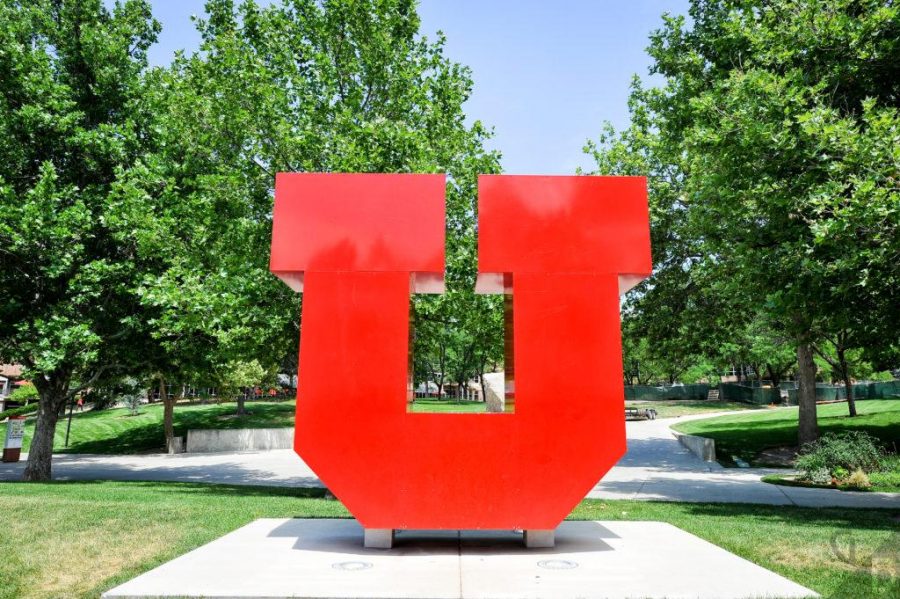Before I begin explaining what ought to be an obvious concept, allow me to welcome you to the University of Utah. Aside from the overzealous parents, stressful application process, hours of orientation and figuring out how to file FAFSA, college is a fantastic experience. Although few of these stressful elements fade away, you will ultimately discover that newfound freedom negates many of the previously burdensome aspects of life. For those who are worried about college — an innate concern shared by many freshmen — do not worry. Pursue the following tenant, and life will work out: apply, apply and when all else fails, apply again.
The University of Utah is not notorious for providing a small, intimate academic setting. It is a commuter campus, meaning that much of the student population resides in the surrounding community. That “community” happens to be Salt Lake City and those outlying. Coupled with an immense incoming freshmen class, the University will soon reach 40,000 students, which is nearly enough to fill Rice-Eccles Stadium. The enormity of our school means that research funding is relatively limitless, and the campus is continuously being updated with new buildings. Yet, the rapidly burgeoning student population also means that it is extraordinarily easy to get lost in the fray.
ASUU is responsible for overseeing all student groups at the university. A quick query reveals that there are over 600 student life and business school organizations registered on campus. There are also many different majors and academic departments, each with their own structures and advisors. Intimidating, right? During my first few weeks at the U last fall, I felt overwhelmed by the sheer amount of activities available to students. However, a nervous approach towards older individuals often precludes the majority of freshman from finding leadership opportunities.
Perhaps the most defining characteristic at the U is the ability for students to find opportunities that would otherwise be impossible to secure in more competitive settings. Take the Hinckley Institute of Politics for instance, which sends hundreds of individuals across both the nation and globe to complete internships each year. At schools such as Harvard and Yale, just joining the intern applicant pool is rather difficult. Even other Pac-12 institutions struggle to include a diverse pool of potential interns. The Hinckley Institute faces no such issue. Instead, it often has more spots that need to be filled by passionate students. Furthermore, organizations, such as MUSE and the Campus Gardens, are constantly searching for students to join social communities, hosting discussions and forums with intriguing individuals.
Despite the sheer amount of opportunities offered to students, many positions and scholarships remain unclaimed each year. Younger students often believe the unspoken narrative that they are “too young” to become a leader on campus. Unfortunately, this means many applications are relatively uncompetitive, which prevents great ideas from spreading. As someone who was a freshman only a year ago, I wish that someone had imparted this wisdom upon me. Demonstrating initiative during your undergraduate career is something that many employers seek. Ultimately, a college degree is just a piece of paper — it is your responsibility to define what that document represents.


